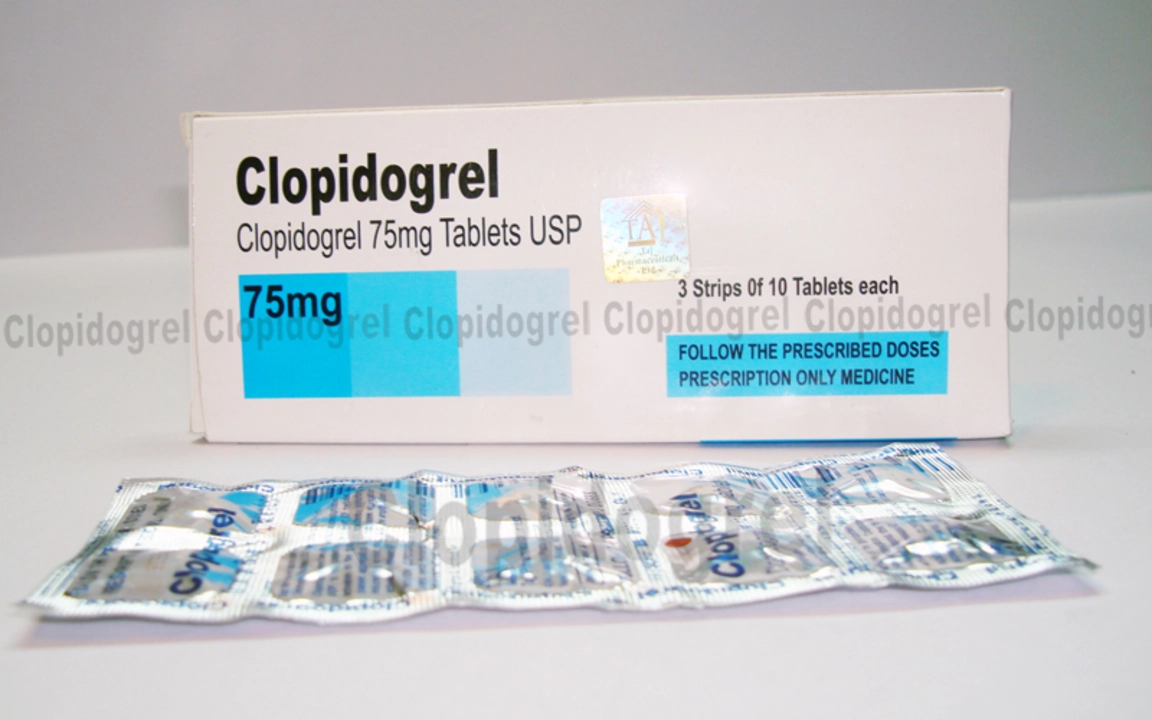Children's Health & Meds: Practical Guides for Parents
Medicines help kids feel better fast, but dosing, timing, and safety matter more than you think. This page collects clear, useful guides so you can make smart decisions without stress. You’ll find short reads on inhalers, antibiotics, antifungals, supplements, and mental health meds—easy to scan and ready to use.
Start with doses: weight matters. Many pediatric doses are based on a child’s weight, not age. If a label lists mg per kg, weigh your child and use a calculator or ask your pharmacist to confirm. Never double a dose if you miss one—call your clinic or check the leaflet. Use the measuring device that came with the medicine; kitchen spoons vary a lot and cause mistakes.
Inhalers and breathing meds can be confusing. Quick-relief inhalers like albuterol work fast for wheeze and asthma attacks; preventers like Advair Diskus help control symptoms long term. If an inhaler feels ineffective, check technique first: spacer use often makes a huge difference. Practice the steps with your child when they are calm so you both know what to do in an attack. Replace spacer masks as recommended and check expiries—old inhalers may not deliver the right dose.
Antibiotics: not always needed. For viral coughs and colds, antibiotics won’t help and can cause side effects. If a doctor prescribes one, finish the full course unless told otherwise. If your child is vomiting or can’t keep meds down, call the clinic—adjusted schedules or different formulations may help. Note any allergies and keep a written list of past reactions to share with care providers.
Antifungal and specialty meds need caution. Drugs like Grifulvin V treat persistent fungal infections and can interact with other medicines or cause photosensitivity. Follow sun protection advice and finish treatment even when the rash clears. For complex issues like thyroid problems or cancer-related care, rely on specialists and keep regular monitoring appointments.
Mental health meds in children, such as risperidone, are used for specific conditions like irritability in autism. These drugs can help but come with side effects like weight gain or sleepiness. Talk about goals, expected timeline for improvement, and monitoring plans. Small dose changes add up—schedule follow-ups and ask about metabolic checks if treatment continues.
Supplements and OTCs
Many parents give vitamin D, probiotics, or herbal extracts. Treat supplements like medicine: check doses for age, buy from reputable brands, and tell your pediatrician. Don’t mix multiple products that contain the same ingredient—vitamin overdoses can happen. If a supplement promises quick fixes, ask your doctor before trying it.
Buying meds and quick safety tips
Buying online can save money, but safety is key. Use licensed pharmacies, compare prices, and avoid sites that sell prescription drugs without a prescription. For travel, pack medicines in original containers, bring a copy of prescriptions, and store meds at recommended temperatures. Keep medicines locked away and out of reach of children.
Quick checklist for parents: weigh your child at visits and note it; use proper measuring tools; keep an updated med and allergy list; ask about interactions; and save your pharmacy number in your phone. If you’re unsure, call your pediatrician—early calls often avoid emergency visits.
Watch for red flags: high fever, trouble breathing, severe rash, sudden behavior change, or limpness. If any of these happen, seek urgent care. Bring your medication chart with names, doses, times, allergies, and current weight to every visit. That chart speeds up care and cuts mistakes.
Clopidogrel for Children: Safety, Dosage, and Considerations
As a parent, it's important to be aware of medications like Clopidogrel that can be given to children. Clopidogrel is an antiplatelet drug typically used to prevent blood clots, and it can be a safe option for children when prescribed and monitored by a healthcare professional. The dosage of this medication will vary based on the child's age, weight, and specific medical condition. Keep in mind, it's crucial to follow the doctor's instructions for administering Clopidogrel and to watch out for potential side effects. Always consult with your pediatrician to determine if this medication is appropriate for your child and to discuss any concerns or questions you may have.
View more
